I find that when I am actually writing, I enter a zone of concentration too small to admit my troubles
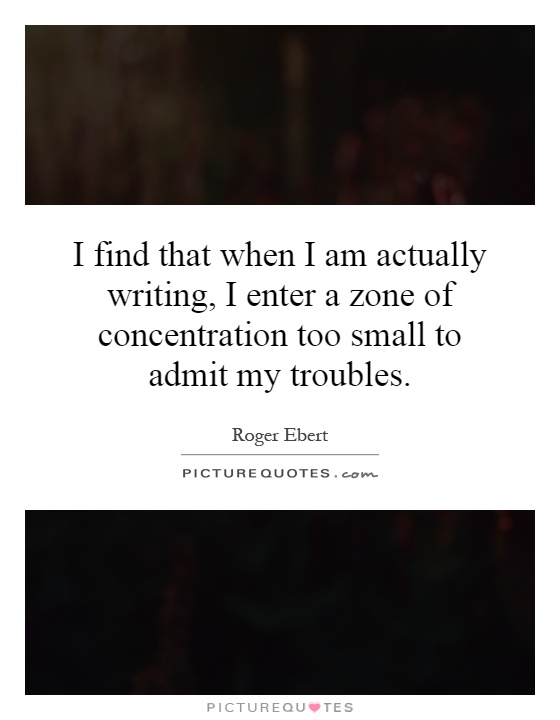
I find that when I am actually writing, I enter a zone of concentration too small to admit my troubles
Roger Ebert, the renowned film critic, once said, “I find that when I am actually writing, I enter a zone of concentration too small to admit my troubles.” This statement perfectly encapsulates the power of writing as a form of escape and catharsis. Ebert, who was known for his insightful reviews and passionate love for cinema, understood the transformative nature of writing.For Ebert, writing was not just a means of expressing his thoughts on films, but also a way to immerse himself in a world where his troubles faded away. When he sat down to write a review, he was able to block out the noise of the outside world and focus solely on the task at hand. In this state of deep concentration, his troubles seemed to melt away, replaced by the flow of words and ideas that poured out onto the page.
Writing has long been recognized as a therapeutic tool, allowing individuals to process their thoughts and emotions in a constructive way. Ebert’s words highlight the power of writing to provide a temporary respite from the challenges and worries of everyday life. In the act of writing, he was able to find solace and clarity, losing himself in the creative process and emerging with a renewed sense of purpose.
Ebert’s ability to enter a zone of concentration while writing speaks to the meditative quality of the practice. In that state of deep focus, he was able to tap into his creativity and let his thoughts flow freely. Writing became a form of meditation for Ebert, a way to quiet his mind and escape from the chaos of the world around him.

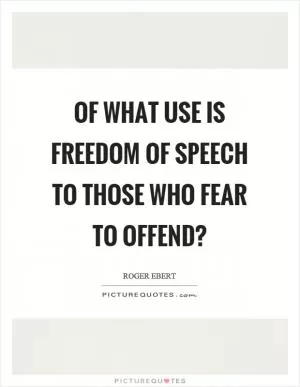
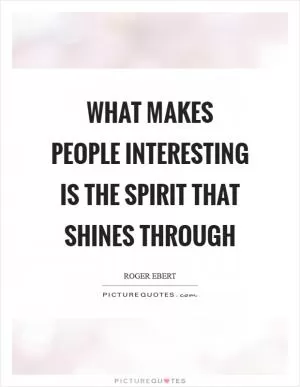

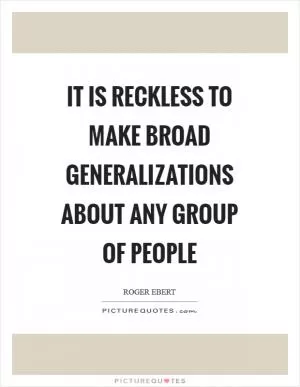
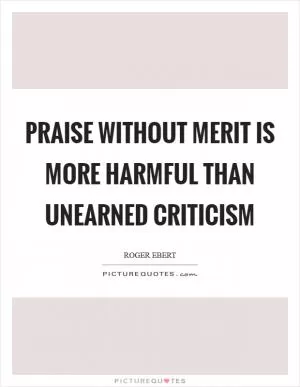
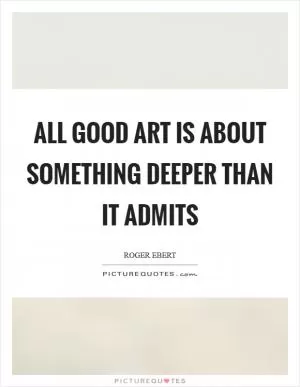

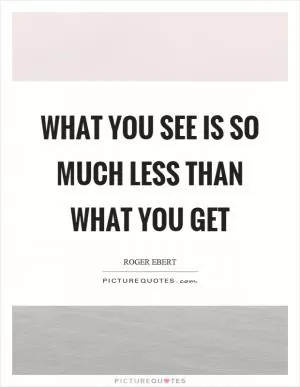
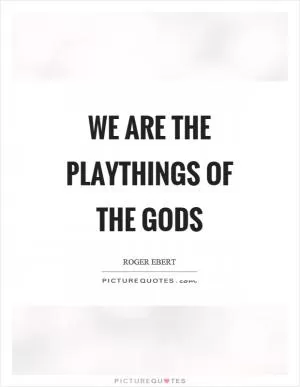
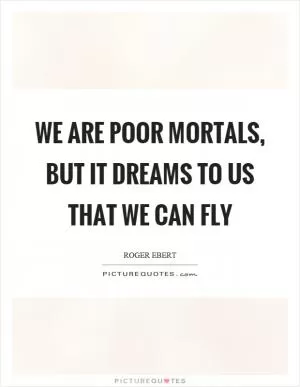
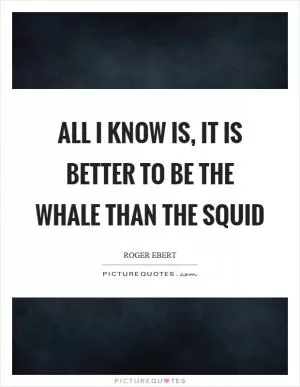
 Friendship Quotes
Friendship Quotes Love Quotes
Love Quotes Life Quotes
Life Quotes Funny Quotes
Funny Quotes Motivational Quotes
Motivational Quotes Inspirational Quotes
Inspirational Quotes